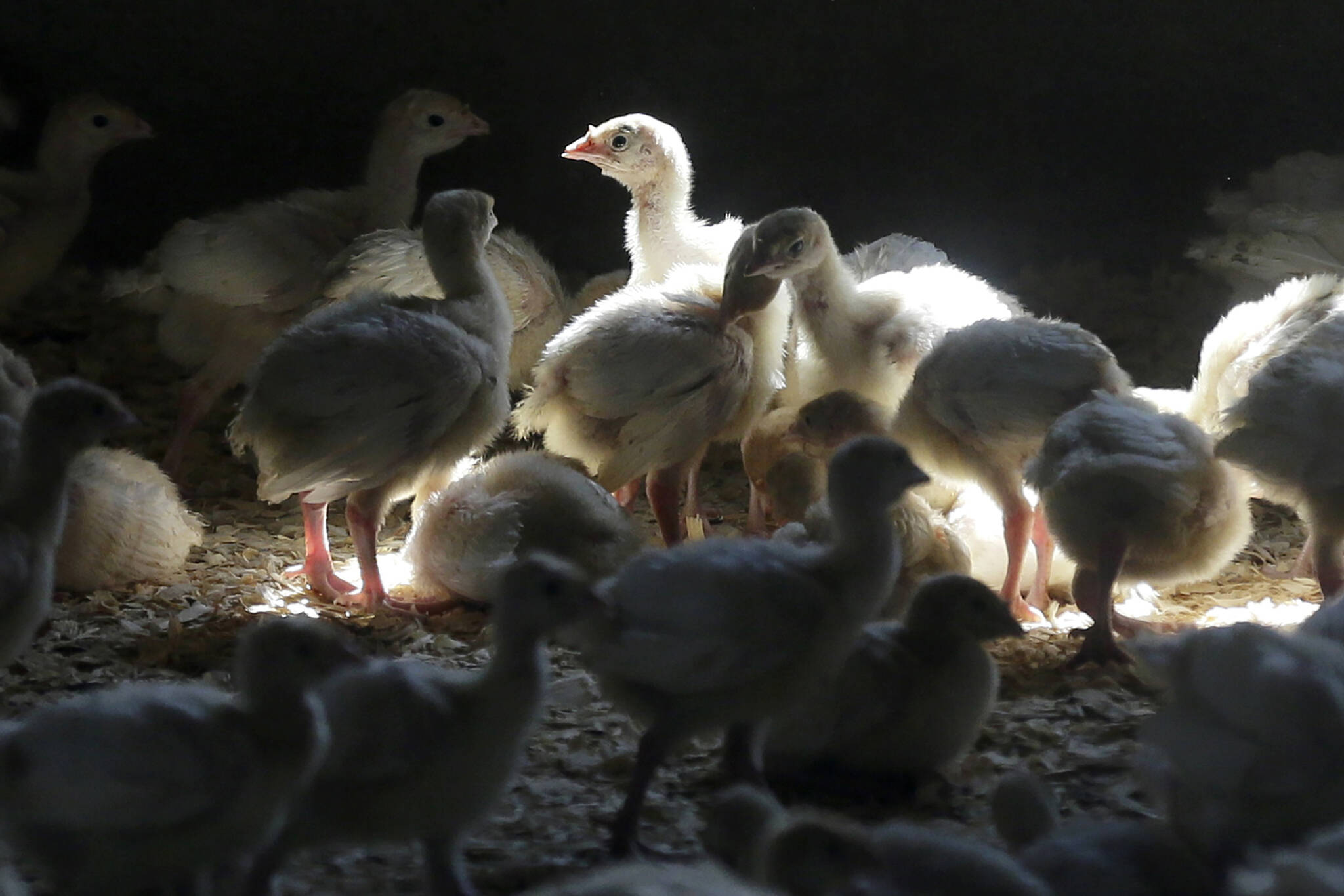The first case of bird flu stemming from an outbreak that’s led to the deaths of millions of chickens and turkeys has been confirmed in Alaska, the Alaska Department of Environmental Conservation announced on Saturday.
The case was confirmed in a backyard flock of chickens and ducks in the Matanuska-Susitna Borough, according to the department. Alaska’s Office of the State Veterinarian is working with the United States Department of Agriculture’s Animal and Plant Health Inspection Service on a joint response. State officials quarantined the affected premises, and birds on the property will be culled to prevent the spread of the disease, according to the Animal and Plant Health Inspection Service, which is overseen by the U.S. Department of Agriculture. Birds from the flock will not enter the food system.
“With this confirmed case, it’s clear that migrating birds have brought avian influenza to Alaska this spring,” said Dr. Robert Gerlach, Alaska state veterinarian, in a news release. “We are relying on flock owners to keep an eye on their animals for signs of illness, and to report any possible cases of avian influenza promptly to their own veterinarian or to our office.”
Public health risk associated with the recent bird flu outbreak is low, according to the federal Centers for Disease Control and Prevention.
According to the CDC: “Risk depends on exposure, and people with more exposure may have a greater risk of infection. Sporadic human infections with HPAI A(H5) bird flu viruses in the U.S. resulting from close contact with infected birds/poultry would not be surprising given past human infections that have occurred sporadically in other countries and would not significantly change CDC’s risk assessment.”
On Thursday, the CDC announced a person in Colorado tested positive for bird flu, and noted the case did not change the human risk assessment for the general public. The person, the first human case associated with the recent bird flu outbreak in the U.S., was involved in culling poultry exposed to bird flu, according to the CDC. The person reported fatigue for a few days as their only symptom.
Flock owners should be concerned if they observe sudden death of multiple birds in the flock, nasal discharge, sneezing, and coughing or respiratory distress, according to the Department of Environmental Conservation. Other signs include a significant drop in water consumption, diarrhea, lethargy, abnormal behavior or difficulty walking, blue discoloration of the comb and wattles or a swollen comb, wattles, legs, or head.
People can report suspected avian influenza cases in their own animals or wild birds in the state to Gerlach at (907)375-8215 or bob.gerlach@alaska.gov.
The proper handling and cooking of all poultry and eggs to an internal temperature of 165 degrees Fahrenheit is recommended as a general food safety precaution, according to APHIS.
• Contact Ben Hohenstatt at (907)308-4895 or bhohenstatt@juneauempire.com. Follow him on Twitter at @BenHohenstatt.

